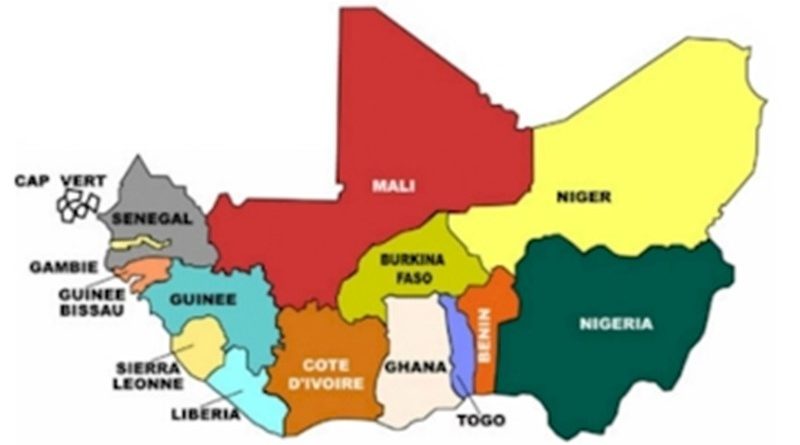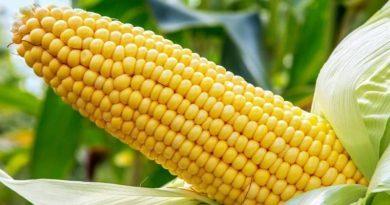OCP Group and the World Bank to boost agriculture in West Africa
A collaboration between the World Bank and the OCP Group has been announced to aid Sahelian and West African farmers. OCP Chairman Mostafa Terrab and World Bank Vice President for Western and Central Africa Ousmane Diagana signed a Memorandum of Understanding (MoU) to foster cooperation and programs benefiting five million farmers in Benin, Guinea, Mali, and Togo, covering ten million hectares, at the World Bank and IMF Annual Meetings in Marrakech.
This collaboration intends to hasten investments and policies that will increase farmers’ access to and affordability of fertilizers. According to Mr. Mostafa Terrab, chairman and CEO of OCP Group, “these projects are a crucial step toward releasing Africa’s potential in terms of global food security.” By giving farmers in West Africa greater access to specialized fertilizers that feed the soil and increase crop yields, which in turn improves the farmers’ livelihoods and aids in the development and prosperity of Africa, the objective is to drive a just and sustainable agricultural transition.
This relationship is essential to achieving the obligations set by the Ministries of Agriculture and Food Security of ECOWAS member nations in the Lomé Declaration, which was ratified in May 2023.
“Both of our institutions support speeding reforms and investments to support a strong agriculture that fosters sustainable development and supports job creation. The Lomé Declaration is being implemented through this partnership between the World Bank and the OCP Group, according to Ousmane Diagana, vice president of the World Bank for Western and Central Africa.
Five areas of collaboration will be the emphasis of the partnership: Creating agricultural technology and service centers to train and assist smallholder farmers, establishing a Digital Farming School program to foster local capacities and entrepreneurship to transform the agri-food sector, strengthening ECOWAS’ capacity to operationalize its Roadmap on fertilizers and soil health, and supporting the esta are just a few of the initiatives that will improve soil health and fertility.
Both institutions reiterate their support for the Sustainable Development Goals of the UN, especially SDG 2 on hunger and food security and SDG 13 on climate change, as part of the collaboration.




